NERDVET in a Nutshell
Traditionally, the alignment between the labour market and initial Vocational Education and Training (iVET) tends to put the focus on technical knowledge and skills, whilst metacognitive competences such as critical thinking and media literacy are increasingly neglected.
The project NERDVET (THINK SMART! ENHANCING CRITICAL THINKING SKILLS & MEDIA LITERACY IN VET) intends to implement a model for integrating, in an organic way, critical thinking and media literacy skills as learning outcomes within VET curricula.
The project team is currently working to develop and test an educational toolkit to support VET teachers and trainers on improving critical thinking and media literacy in VET students. The educational toolkit, which will be composed with a mix of teaching methodologies, content and best didactical practice, will be tested and tuned through a pilot project carried out by teachers, together with their students, during a school year. Subject matter chosen for the pilot project will be literacy, and digital, personal, social and civic competences, to be dealt with using an interdisciplinary approach and all linked with citizenship education to enhance the common values of democracy and inclusion.
The project also focuses on media literacy, as nowadays the internet and social media are the environments where young people are more likely to spend most of their time in accessing information, learning and communicating.
STUDENTS WILL LEARN HOW TO APPLY CRITICAL THINKING WHEN USING DIGITAL MEDIA (…)
Students will learn how to apply critical thinking when using digital media, first to avoid misinformation and manipulation, and secondly to exploit positively everything the web can offer in terms of knowledge, relations and positive examples.
The model will be then proposed to regional, national and EU policy makers of the educational sector and to VET organisations, with the aim of defining and sharing policy guidelines to consolidate and mainstream the Toolkit.
NERDVET is carried out by a consortium of five VET providers from Greece, Italy (ENAIP NET – www.enaip.net), Netherlands (STICHTING CLUSIUS COLLEGE – www.clusius.nl), Portugal (INOVINTER – www.inovinter.pt), and Spain (CENTRO SAN VIATOR – www.sanviator.com), with the scientific support of the Department of Human Sciences of Verona University (www.dsu.univr.it) and the involvement of EVTA (EUROPEAN VOCATIONAL TRAINING ASSOCIATION – www.evta.eu) for ensuring the dissemination of the model at European level.
NERDVET is co-funded by the Erasmus+ Programme of the European Commission under Key Action 3 – Support for policy reform, call for proposals “EACEA/34/2019: Social Inclusion and Common values – Lot 1 – Education Training” (Project no. 621537-EPP-1-2020-1-IT-EPPKA3-IPI-SOC-IN).
NERDVET’s Systematic Scoping Review
As one of the first steps taken in the framework of the project, a systematic scoping review has been carried out to report on the state of the art concerning the training pathways aimed at enhancing students’ critical thinking and media literacy.
The full research has been published on 2 September 2021 in the European Journal of Training and Development (ISSN: 2046-9012).
The systematic scoping review contributes to the relevant literature by advancing initial comprehensive conceptualizations of these two dimensions. The work widens the discussion on practices on how to enhance such metacognitive competences and identifies the teaching and training practices meant to enhance critical thinking and media literacy and proposes applied implications in the context of IVET. Moreover, the study advances initial practical implications for teachers and trainers for the further development of training interventions.
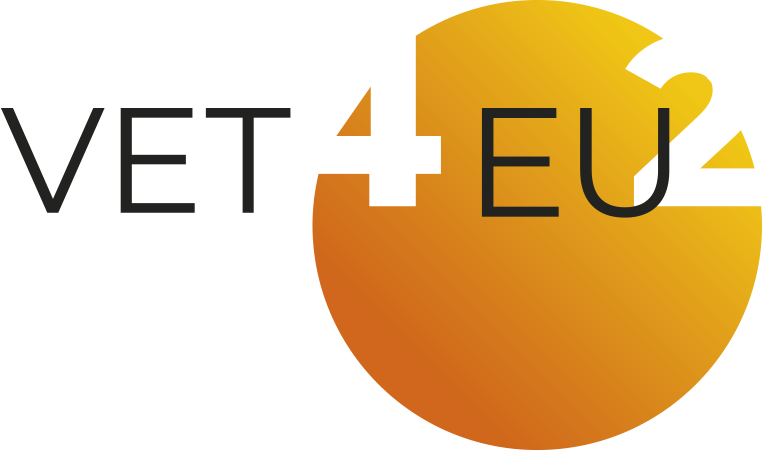
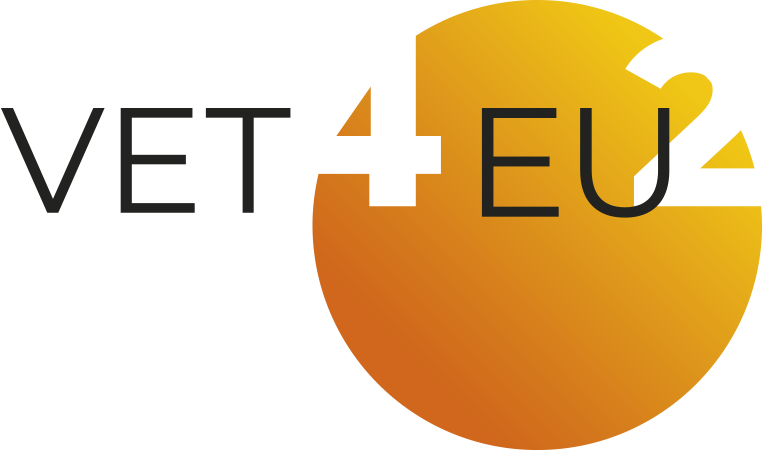

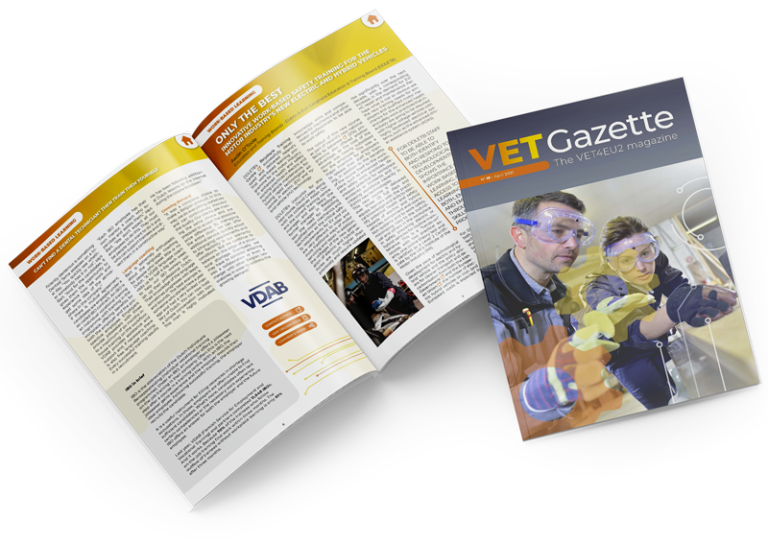
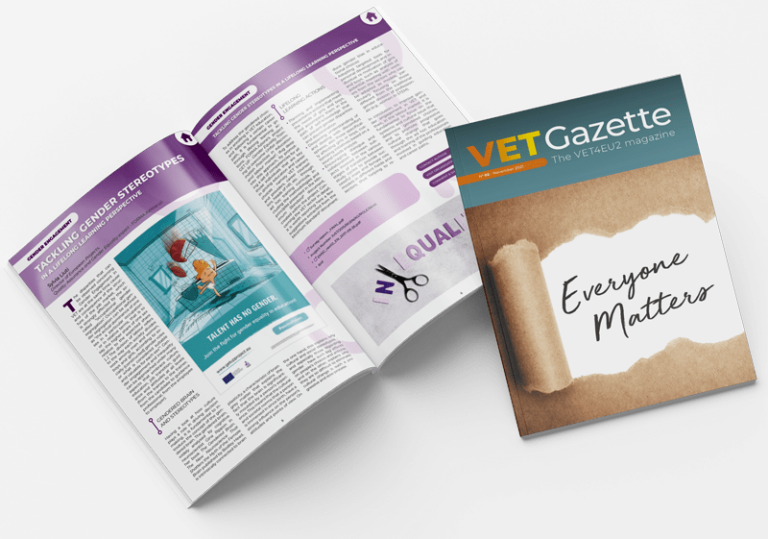
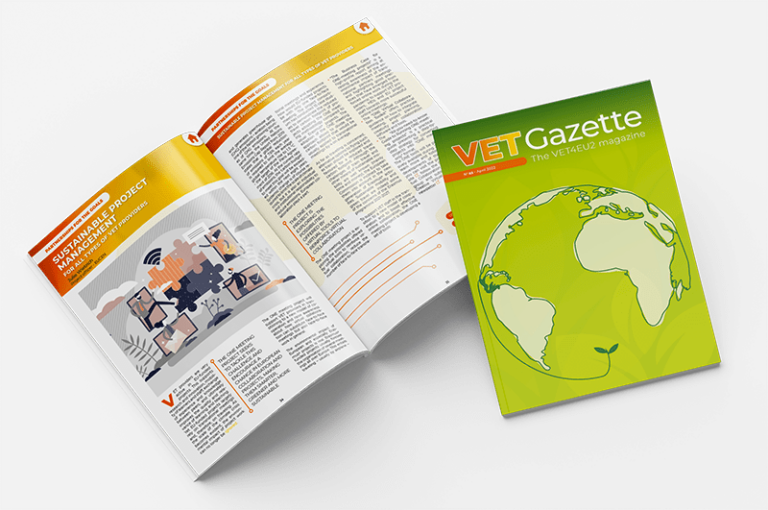
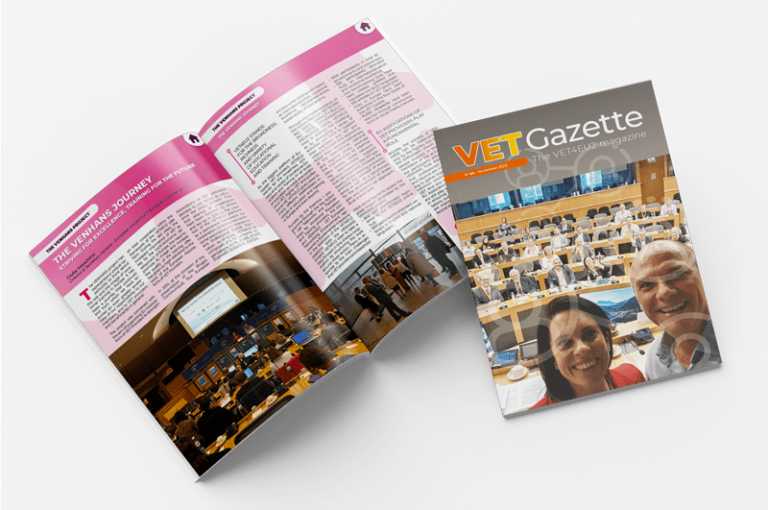

Responses